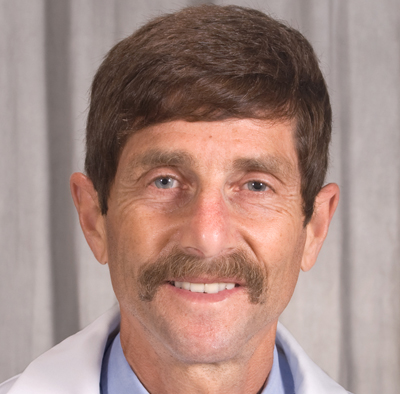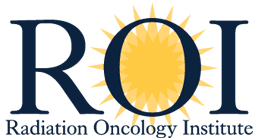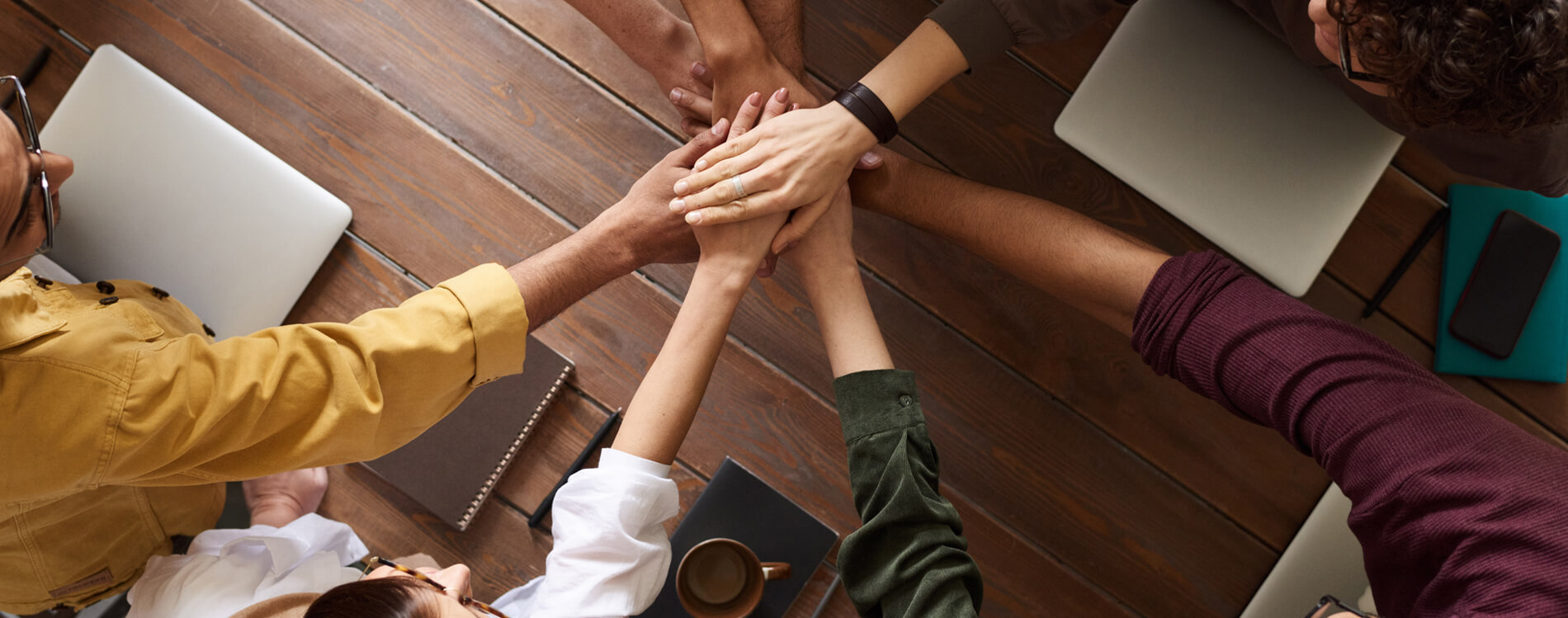Louis S. Constine, MD, FASTRO

Why did you choose to support ROI?
ROI’s mission instantly resonated with me. As radiation oncologists, we are fortunate to spend our lives striving to help patients with cancer, curing them when possible, improving their quality of life when cure is beyond reach. Marie Curie said: “Nothing in life is to be feared. It is only to be understood.” I think that she was alluding to the historic fears engendered by this mysterious force, radiation. Our professional ancestors have fought a battle for us…establishing the role that radiation serves in treating patients. Now we have an institute specifically dedicated to promoting research that enhances our critical role in fighting cancer, and informing others about this…and demystifying it. ROI pursues this with a multifaceted approach to funding promising scientific and educational initiatives that can translate into a benefit for patients.
Why should others donate to ROI?
To have an organization that we can trust is a gift, and we should respond by doing what we can personally do to strengthen its effectiveness. Jonas Salk said “The greatest reward for doing, is the opportunity to do more.” We all “do” and ROI provides us with the opportunity to “do more.”
What are some of the rewards and challenges you’ve faced in your career related to working with cancer patients, and specifically children?
We dedicate ourselves to caring for individuals who are forced to touch the edge of life, and thereby understand its significance in a manner not possible by most others. I am startled by how children, presumably too young to understand life’s preciousness, declare their presence in this privileged world of courageous and appreciative people. My patients have taught me to appreciate my own life…to not take it for granted. Children, in particular, touch me because they face their futures with an innocence and openness that we must try to preserve. Of course, they are also so vulnerable. The field of pediatric oncology is complex due to the many types of cancers, and the sensitivity of developing tissues to injury by cytotoxic therapy. And, of course, children have just begun their lives…which also means that they have many years ahead to both enjoy life but also to experience the adverse effects of what we do to them. It is our responsibility to devise strategies to maximize the therapeutic ratio. One can never become bored in this pursuit. Ralph Waldo Emerson said: “Our strength grows out of our weakness.” I would modify this to say: “Our strength grows out of our vulnerabilities.”
How do you envision the future of the field of radiation oncology?
I am absolutely clear that I cannot know what our future holds. I certainly do not have prescience, and have been repetitively surprised (and delighted) by the evolution of our field…though also depressed by our inability to do more than we have. I entered radiation oncology in the late seventies, already trained in pediatrics and pediatric oncology. I could not envision the advances that we would make in understanding and treating cancer, but I also recall having optimism that we would cure some cancers that continue to thwart our best efforts. So, what is also clear to me, is that we need to keep pushing forward with all of our ingenuity and dedication. We strive to unravel the complexity that is cancer, and to develop new biologic and technologic approaches to foiling its adaptability to escaping our weapons. Radiation oncologists are a resourceful group, and we devote our lives to eliminating the reason we work…but I doubt that we will ever be out of business.
What do you want people to know about you?
For the survivor of cancer, the world is full and each day is a celebration
For the physician, each patient is an inspiration
For the person with cancer, each day is precious and must be faced with courage
I wrote these words many years ago, and continue to reflect on the many sources of inspiration that grace my life. I feel tremendous gratitude for my good fortune to work in a field and live a life that refreshes my spirit on a daily basis. I am surrounded by individuals who have helped me understand the wonder of my life, and afforded me the opportunity to contribute what I can. I am blessed to have a wife, Sally, who greets each day with enthusiasm, has endured me for 44 years, completes me, and makes me better a better person. Conversely, I greet each day recalling something said by James Dean: “I just wish I could wake up one morning and not be all confused.” I have two remarkable children, Aly and Josh, who hold those traits that I most treasure: curiosity, tolerance, and altruism. Personally, I think that our greatest gift is the experience of living, of being alive.
Dr. Constine is The Philip Rubin Professor of Radiation Oncology and Pediatrics and Vice Chair of the Department of Radiation Oncology at the James P. Wilmot Cancer Institute at the University of Rochester Medical Center in Rochester, NY. He is an active ASTRO member, and he and his wife Sally are Mentors in the ROI Founders' Circle of Investors.














